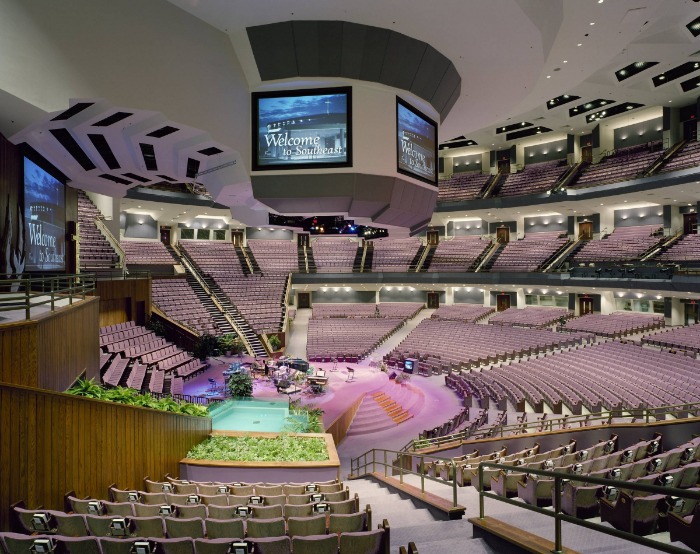David Wood and Nabeel Qureshi, two figures often spotlighted in the realm of Christian apologetics, have become synonymous with a style of interfaith dialogue that many criticize for its divisiveness and confrontation, particularly towards Islam. Their approaches, while popular among certain evangelical circles, have stirred significant controversy and debate within broader religious and intercultural discussions.
David Wood, whose personal history includes severe antisocial behavior—most notably an assault on his own father—has used his platform, Acts 17 Apologetics, to aggressively challenge Islamic teachings. Wood often discusses his psychological diagnosis as a self-professed psychopath to underscore his dramatic conversion to Christianity. However, this backstory and his approach to apologetics have also been critiqued as sensationalist elements that detract from meaningful theological debate. Instead of fostering understanding, Wood's often abrasive tactics are seen as fueling mistrust and resistance among Muslim audiences.
Nabeel Qureshi, whose story of converting from Islam to Christianity is well-documented, brought a different tone to their joint endeavors. Despite his more empathetic approach due to his Muslim background, Qureshi’s partnership with Wood often placed him in settings where their dialogues leaned towards the confrontational rather than the constructive. While Qureshi spoke of seeking truth and building bridges, the partnership frequently highlighted divisive issues in a manner that seemed aimed more at validating evangelical Christian views than engaging in true interfaith understanding.
The combination of Wood’s confrontational style and Qureshi’s nuanced but critical stance on Islam provided a mix that was potent and often polarizing. Their debates and videos, while educational for some, have been criticized for adopting a ‘debunking’ mode that portrays Islamic doctrines in a negative light without sufficient contextualization or sensitivity. This approach has not only alienated many in the Muslim community but also those within the Christian community who advocate for more respectful and genuine dialogue.
Critics argue that the legacy of Wood and Qureshi is emblematic of a larger issue within certain apologetics circles—a tendency to prioritize doctrinal victory over relational dialogue. Their methods, focusing on debunking rather than understanding, promote a form of engagement that undermines the foundational goals of interfaith dialogue, which are to learn from each other, respect differing beliefs, and coexist peacefully.
Moreover, the aggressive tactics employed by Wood, in particular, have often overshadowed the potential for more balanced and thoughtful discussions that Qureshi seemed capable of leading. The result has been a body of work that, while influential, is frequently cited as an example of how not to engage in sensitive theological exchanges. It serves as a cautionary tale for those involved in interfaith dialogue, highlighting the fine line between defending one’s faith and disrespecting another’s.
In conclusion, the approach taken by David Wood and Nabeel Qureshi in their interfaith engagements presents a critical case study in the ethics of religious dialogue. While they have undoubtedly contributed to the discourse on Christian-Muslim relations, their legacy is a deeply mixed one, marked by both educational impact and significant criticism for exacerbating divisions rather than healing them. Their work prompts ongoing reflection within religious communities about the most effective and respectful ways to discuss deep-seated theological differences.
Read more about David Wood Islam here.




